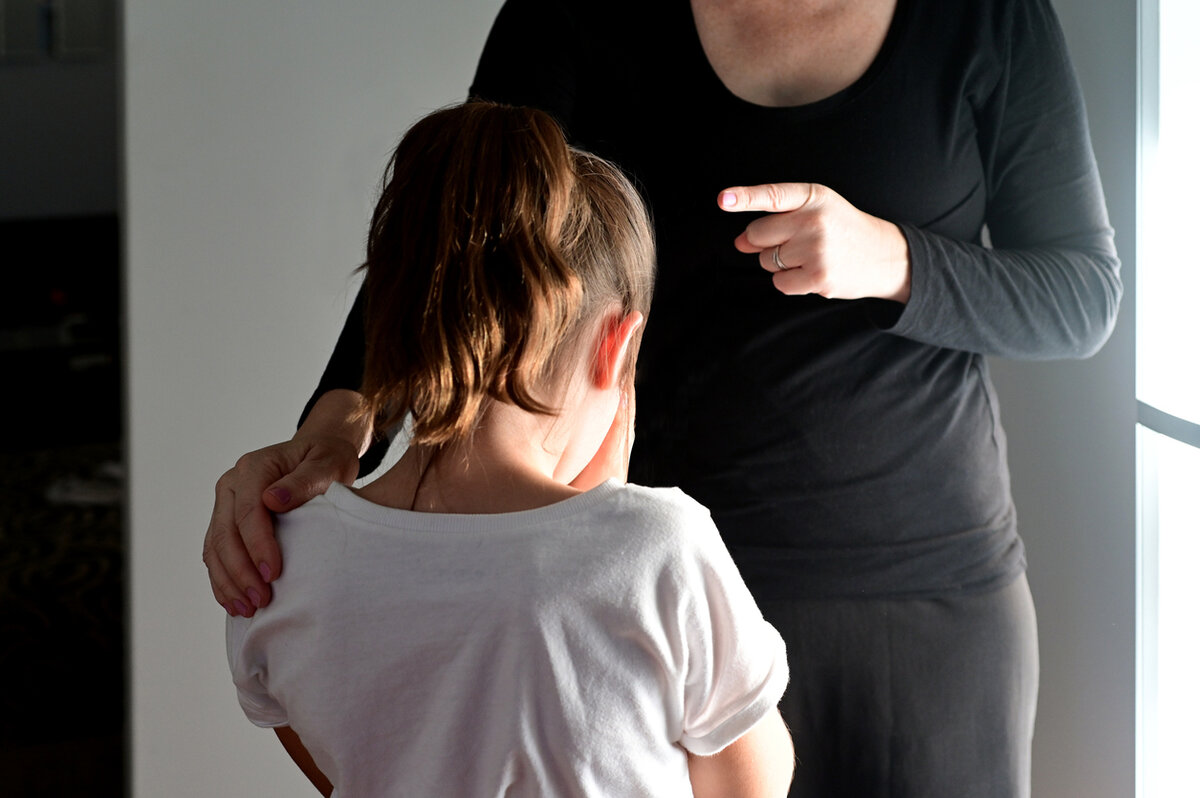Most of us have an inner critic. Sometimes it’s constructive, but other times it can be harsh and unrelenting. When you get into the habit of berating yourself, your mental health suffers. There’s a strong correlation between chronic self-criticism and depression.
This relationship is cyclical: self-criticism leads to depression, and depression, in turn, worsens self-criticism. But how exactly does self-criticism fuel depression?
The connection between self-criticism and depression
Negative self-image
Constant self-criticism distorts how we see ourselves. When we’re overly critical, we focus on our perceived flaws and failures, often blowing them out of proportion. This skewed self-image can make us feel inadequate and unworthy of a good life and relationships. These feelings then transform into hopelessness, a main symptom of depression.
Loss of motivation
Self-criticism can sap our motivation. When we constantly berate ourselves, we begin to believe that we’re incapable of doing anything better. This belief can lead to a sense of helplessness, where we feel stuck in a cycle of failure. This lack of motivation can worsen depression, as we start to withdraw from activities we once enjoyed and isolate ourselves from other people.
Reinforcement of negative beliefs
Depression often comes with negative beliefs about oneself, the world, and the future. Self-criticism reinforces these beliefs, creating a feedback loop. Once these thought loops start, they’re hard to break out of. For example, if you believe that you’re not worthy of a loving relationship, every self-critical thought will tell you you’re unlovable, only deepening your depression.
Social isolation
Self-criticism can lead to social withdrawal. When we’re harsh on ourselves, we might believe that others are judging us just as harshly. This can make us avoid seeing friends and family. This only further isolates us and deprives us of the social support that’s so desperately needed during depression.
Breaking the cycle of self-criticism
Recognize and challenge critical thoughts
The first step is to become aware of your self-critical thoughts. Notice when you’re being harsh on yourself and challenge this thinking. Ask yourself, “Is this thought really true? Would I say this to a friend?” Often, self-critical thoughts are based on distorted perceptions and aren’t how others see you. Sometimes, critical thoughts come from childhood. It can be helpful to identify where the thoughts came from. You may have heard something critical that was said to you as a child, but there is no reason to keep saying it to yourself.
Practice self-compassion
Replace self-criticism with self-compassion. This doesn’t mean ignoring your flaws but instead simply acknowledging them. Treat yourself with the same kindness that you would offer someone you care about. Next time you make a mistake, instead of chastising yourself, try saying, “It’s okay. Everyone makes mistakes. I will do better next time.”
Engage in positive self-talk
Develop a habit of speaking to yourself in a positive, encouraging way. Affirm your strengths, acknowledge your progress towards getting better, and remind yourself that you’re worthy of love and respect. Positive self-talk can help rewire your brain, making it easier to break free from the grip of self-criticism. Try putting up self-affirmations around your home where you most need them, like your desk, bedside table, or bathroom mirror.
Engage in mindfulness
Practice mindfulness to become more aware of your thoughts and feelings. Mindfulness can also help you stay grounded in the present moment, reducing the impulse to ruminate on past mistakes or future worries.
Are you struggling with self-criticism?
If you’re having a hard time making it through the day without negative self-talk fueling your depression, counseling for depression can help. For most people, depression doesn’t go away without mental health intervention. A therapist can help you explore your reflexive thoughts, understand how your childhood, relationships, and traumas fuel this inner voice, and develop stronger self-esteem.
To learn more about how therapy can help rewrite your negative thought patterns, contact us today.



